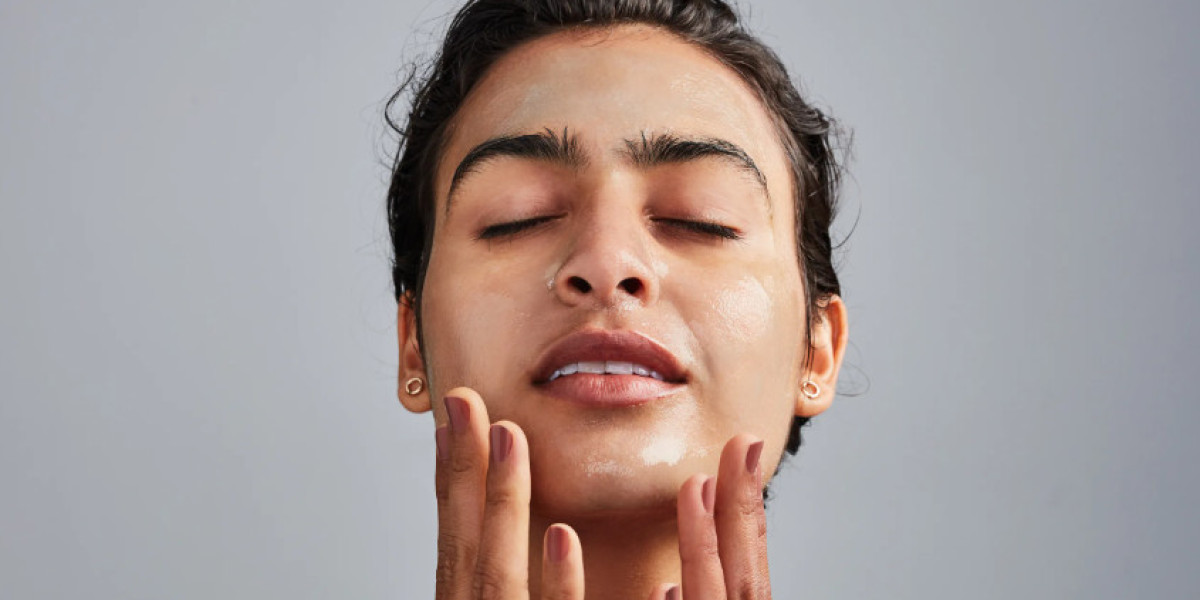Dark spots, or hyperpigmentation, can result from various factors, including sun exposure, hormonal changes, acne scars, and inflammation. However, diet and lifestyle choices play a significant role in how prone you are to developing dark spots and how well your skin recovers from them. Here's how what you eat, your habits, and your overall lifestyle can impact skin health and influence the appearance of dark spots.
1. Diet and Its Impact on Dark Spots
Certain foods can either help to reduce dark spots or, conversely, worsen them by triggering inflammation, hormonal changes, or oxidative stress. Incorporating skin-friendly nutrients into your diet can help keep hyperpigmentation at bay.
a. Antioxidant-Rich Foods
Antioxidants like Vitamin C, Vitamin E, and beta-carotene protect the skin from free radicals, which can damage skin cells and increase the risk of dark spots.
- Good Sources: Citrus fruits, berries, leafy greens, nuts, and colorful vegetables.
- Benefits: Antioxidants neutralize oxidative stress that can lead to hyperpigmentation, helping to keep the skin bright and even-toned.
b. Foods High in Omega-3 Fatty Acids
Omega-3 fatty acids have anti-inflammatory properties that can prevent or reduce skin inflammation. Since inflammation is a major cause of post-inflammatory hyperpigmentation (PIH), these fats can help reduce dark spots from acne or other skin irritations.
- Good Sources: Salmon, walnuts, flaxseeds, and chia seeds.
- Benefits: Omega-3s promote skin hydration and resilience, helping to support healing and reduce redness and dark spots.
c. Zinc and Selenium
These minerals play an essential role in skin health by supporting wound healing and protecting against UV damage.
- Good Sources: Shellfish, eggs, seeds, and legumes for zinc; Brazil nuts, fish, and whole grains for selenium.
- Benefits: Zinc aids in healing and can reduce the risk of post-inflammatory hyperpigmentation, while selenium acts as an antioxidant to prevent cell damage.
d. Limit Sugar and Processed Foods
High-sugar and processed foods can increase insulin levels and cause inflammation, which can lead to breakouts and dark spots.
- Avoid or Limit: Sugary snacks, sodas, white bread, and other high-glycemic foods.
- Effects: High-glycemic foods can exacerbate acne and inflammation, leading to more frequent dark spots and slower healing.
2. Lifestyle Habits That Affect Dark Spots
Certain lifestyle factors can increase your susceptibility to dark spots. Making small adjustments can support skin health and reduce hyperpigmentation.
a. Sun Protection
UV exposure is a leading cause of dark spots. Wearing sunscreen daily and protecting your skin from direct sunlight can prevent sun spots and reduce the risk of existing dark spots darkening.
- Tip: Use a broad-spectrum SPF 30 or higher and reapply every two hours if you’re outside.
- Benefit: Consistent sun protection prevents new dark spots from forming and keeps current ones from getting darker.
b. Hydration
Dehydrated skin can become dull and irritated, which may lead to dark spots due to compromised skin barrier function.
- Tip: Aim to drink at least 8 glasses of water a day, and use a hydrating moisturizer.
- Benefit: Hydrated skin heals more efficiently, which can reduce the appearance of dark spots and promote an even skin tone.
c. Avoid Smoking and Alcohol
Smoking introduces toxins that lead to oxidative stress, while alcohol dehydrates the skin and disrupts healthy circulation, both of which can exacerbate dark spots.
- Effects: Smoking accelerates aging and increases pigmentation, and alcohol can make skin more susceptible to sun damage.
- Tip: Limit alcohol intake and, if you smoke, consider quitting to support overall skin health and reduce hyperpigmentation.
3. Hormonal Balance and Stress Management
Hormones play a significant role in skin health, and imbalances can contribute to dark spots, particularly melasma. Stress can also impact skin by increasing inflammation and disrupting hormone levels.
a. Hormone-Friendly Diet
A balanced diet with healthy fats, fiber, and adequate protein supports hormone health, which can reduce hormone-driven pigmentation.
- Good Foods: Whole grains, leafy greens, avocados, and foods high in phytoestrogens, like soy, may help balance hormones.
- Benefit: Reducing hormone imbalances can help prevent melasma and other types of dark spots.
b. Manage Stress Levels
Stress increases cortisol, a hormone that can lead to acne and inflammation. Chronic stress may worsen skin conditions and lead to more dark spots.
- Tips: Practice relaxation techniques like yoga, meditation, or deep breathing exercises to reduce stress.
- Benefit: Lower stress levels can lead to fewer breakouts and less post-inflammatory hyperpigmentation.
4. Sleep and Skin Repair
Getting adequate sleep allows your skin to repair and regenerate, which can help prevent and fade dark spots.
- Tip: Aim for 7-9 hours of quality sleep each night to allow your skin time to repair.
- Benefit: During sleep, your body produces growth hormones and promotes cellular repair, which can reduce pigmentation and improve skin tone.
Final Thoughts
Diet and lifestyle choices can greatly influence the appearance of dark spots. By nourishing your body with antioxidant-rich foods, staying hydrated, protecting your skin from the sun, and managing stress, you can help reduce the appearance of existing dark spots and prevent new ones from forming. A holistic approach, combining a balanced diet with mindful lifestyle choices, can significantly improve the health of your skin and lead to a more even, radiant complexion.








